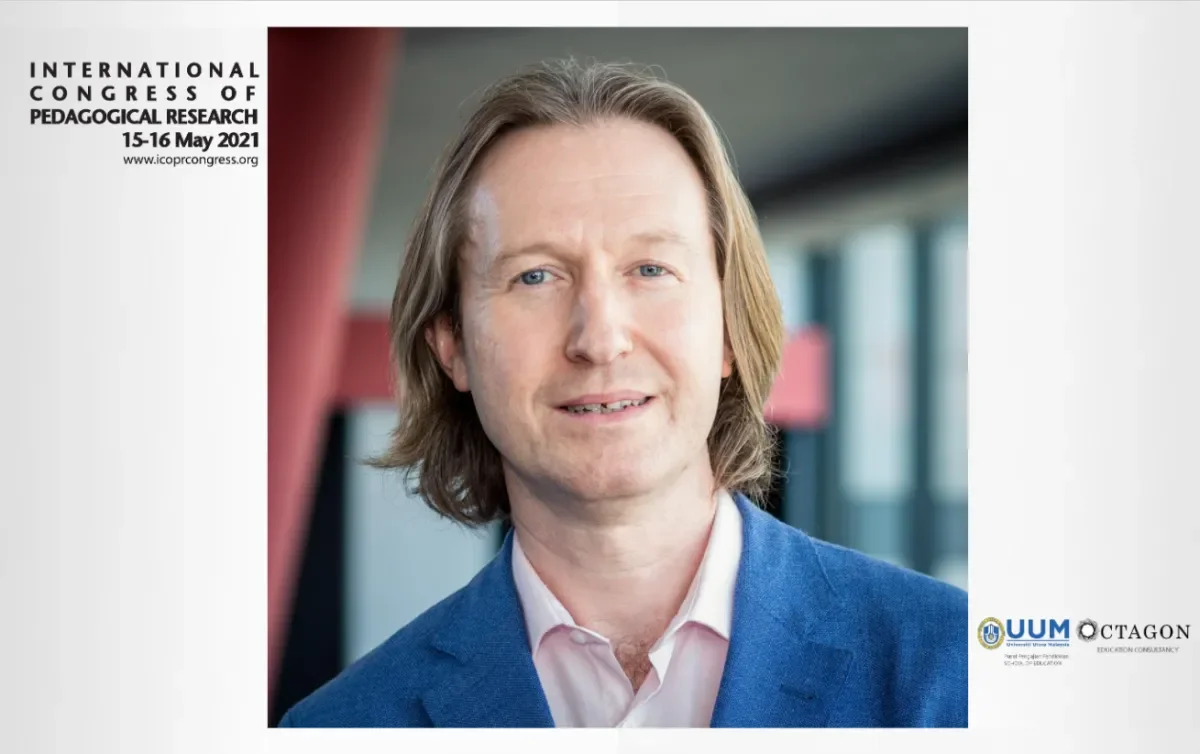

Developing An Existential Education
Dr Jones Irwin, Associate Professor in Philosophy and Education, School of Human Development was one of the invited keynote speakers for the 2ND International Conference of Pedagogical Research on the 15th-16th May, 2021. The ICOPR conference this year was a virtual one, organized through Universiti Utara, Malaysia and Duzce University, Turkey. Dr Irwin’s presentation was entitled ‘Developing an Existential Education in Response to the Pandemic’, which explored the resources of the existential tradition in philosophy for contemporary philosophy of education. In particular, the paper explored how the themes of an ‘existentialist’ tradition in philosophy might help us to reimagine our education systems and our world. This existential tradition of thought has always had specific influences on education theory. For example, Paulo Freire’s theory and praxis of education takes its inspiration from the existential philosophies of Sartre, Beauvoir and Fanon amongst others. Each of these influences allows Freire’s own existentialist educational vision to foreground crises for the individual subject, for gender and for race and ethnicity. While Paulo Freire’s work so often calls attention to the deprivations and exploitations suffered by the weakest in our society, at no stage does this work succumb to a negativism or a pessimism about the possibilities of transformation. To the contrary, Freire’s work is always animated by a strong and fundamental affirmative spirit which calls on people to join together to make change.
The paper also drew on a forthcoming book co-edited by Irwin with Dr Letterio Todaro, Professor of Education at University of Catania, Sicily, Italy, entitled Paulo Freire’s Philosophy of Education in Contemporary Context – From Italy to the Wider World (forthcoming Peter Lang 2021, Oxford and Geneva). The book explores the significant inspiration of Freire’s educational philosophy on Italian pedagogy from the 1970s onwards, with its mix of Liberation Theology and Marxism. There are contributions from leading Italian educationalists such as Paolo Vittorio, Marco Catarci and Theatre of the Oppressed theorist Roberto Mazzini. Italian feminism and Critical Education is also represented through interviews with Ilaria Olimpico and Elena Boukouvala.
With reference to some of his own work in Ireland on multi-denominational schools and curriculum, Irwin also explored some practical suggestions for how we might connect values, beliefs and religions and existential approaches to make a more sustainable educational practice in the context of the pandemic.
The other keynote speakers were Professor Kobus Maree of the University of Pretoria, South Africa on ‘Rekindling people’s sense of hope and purpose during the COVID-19 pandemic’, Professor Arumugum Raman of Universiti Utara, Malaysia on ‘The challenges of remote learning during COVID-19 pandemic’, Professor Ismini Vaseleiou from De Montfort University, Leicester, UK on ‘Digital Transformation in Teaching and Learning’ and Professor Prof. Dr. Wee Tiong Seah of University of Melbourne, Australia on ‘No return to normal: School education after the pandemic’.
